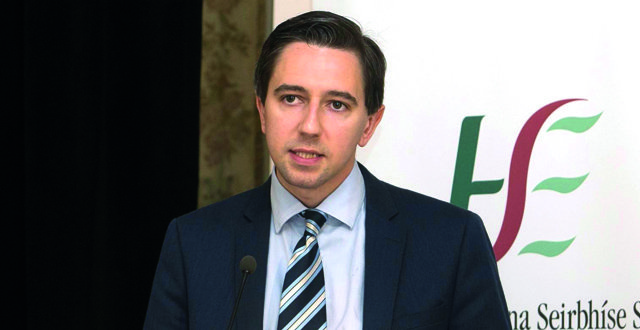Speaking at the HSE 5th National Sepsis Summit in Dublin Castle, Dr Vida Hamilton, outgoing HSE National Clinical Lead for Sepsis, and current National Clinical Advisor and Programme Lead for Acute Hospitals in the HSE, stressed the importance of publishing an annual report to show the pattern of sepsis incidence in Ireland.<br /> <br />“Such research informs us on the characteristics of individuals who are at increased risk both of developing sepsis and of dying from sepsis. This allows us to have heightened vigilance for sepsis amongst these individuals and provides evidence to support the use of preventative strategies, such as vaccination, in these at risk people.<br /> <br />“The most effective way to reduce mortality from sepsis is by prevention; good sanitation, personal hygiene, eating healthily, exercising moderately, breast feeding, avoiding unnecessary antibiotics and vaccination for vaccine preventable infections”, Dr Hamilton emphasised.<br /> <br />The next most effective way is early recognition and treatment. Mortality from sepsis has continued to decrease year-on-year. Dr Hamilton acknowledged the hard work and dedication of the staff caring for sick people in our acute hospital sector and recognition must be given to the improvements that they have achieved through their willingness to engage in this quality improvement programme.<br /> <br />Dr Martina Healy, incoming HSE National Sepsis Clinical Lead shared her vision for the National Sepsis Programme stating how delighted she was to be part of a proven, successful team and how she was looking forward to leading to build on this success.<br /> <br />Launching the report, Minister Harris said: “One of my Department’s priorities is to improve patient safety, and tackling sepsis is an important part of this agenda. This report shows that Ireland’s sepsis associated hospital adult mortality rate is now 18.4 per cent, and this figure benchmarks very well internationally. This is a significant achievement, and for staff, shows very clearly their ongoing commitment to their patients. <br />”Sepsis can affect any a person of any age, irrespective of underlying good health or medical conditions, and one of the focuses of the National Sepsis Programme this year was to raise awareness of sepsis in the community. The Community Sepsis Awareness Campaign was recently launched at the National Ploughing Championships and I’m very glad to support this vital campaign. It’s important that people recognise sepsis, and present to their GP or Emergency Department sooner rather than later if they are concerned.”<br /> <br />There were 16,312 cases of sepsis documented in adult inpatients in 2017, with an in-hospital mortality of 18.4 per cent, representing a 3 per cent decrease in mortality since 2016. Overall, there were 18,411 cases documented between, adults, maternity and paediatrics, including SIRS of infectious origin, sepsis and septic shock (the old sepsis-2 definition) and their mortality rate was 16.8 per cent.<br /> <br />Keynote speaker at the Summit, Prof Kevin Rooney, Consultant in Anaesthesia and Intensive Care Medicine and Professor of Care Improvement, Scotland and a member of the National Sepsis Steering Committee talked about the importance of ‘Celtic Connections: Reducing Mortality from Sepsis at Scale’.<br /> <br />Dr Colm Henry, Chief Clinical Officer of the HSE, during his opening address acknowledged the improvements in sepsis recognition and the obvious benefits achieved as a result of prompt, appropriate treatment and the hope that this will also lead to a subsequent reduction in the well documented long term sequelae associated with sepsis in survivors.<br /> <br />He added, “We are very grateful to Ciaran Whelan, Former GAA Dublin Footballer, and Katie Marie O’ Shea who shared their personal insights into the treatment and hardships of sepsis from a patient perspective at today’s summit. It takes great courage to speak of personal experiences to a large audience and it is done in the spirit of improving future patient experience in terms of person-centered care and along with the rest of the program evidence-based care.”
Sign In
NOTE: By submitting this form and registering with us, you are providing us with permission to store your personal data and the record of your registration. In addition, registration with the Medical Independent includes granting consent for the delivery of that additional professional content and targeted ads, and the cookies required to deliver same. View our Privacy Policy and Cookie Notice for further details.
Don't have an account? Register













Leave a Reply
You must be logged in to post a comment.